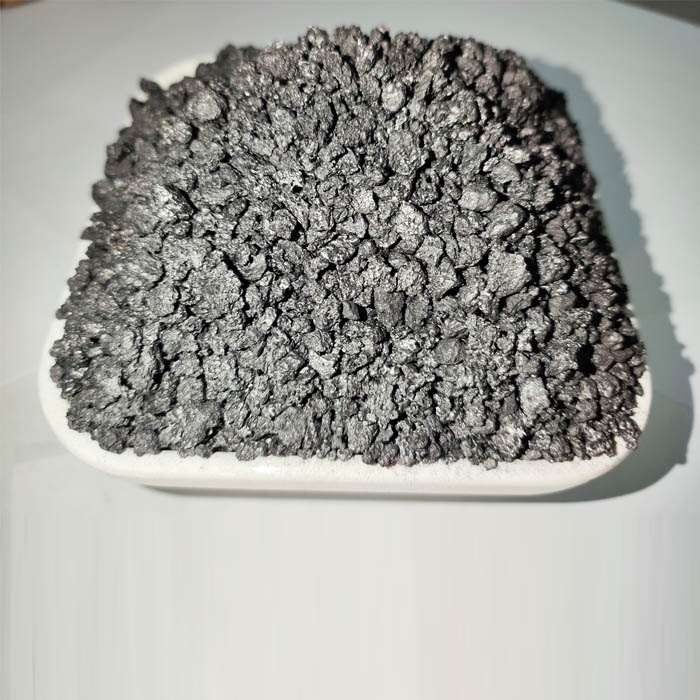Nov . 09, 2024 01:22 Back to list
Innovative Materials and Applications in Industrial Adsorption Technologies for Enhanced Performance
Industrial Adsorbents Their Role and Applications
Adsorption is a process by which molecules from a gas or liquid phase adhere to the surface of a solid material. This phenomenon is utilized in various industrial applications, where the choice of adsorbent plays a crucial role in determining the efficiency and effectiveness of the process. Industrial adsorbents are materials designed specifically to selectively capture and hold certain substances, making them indispensable in several sectors, from environmental management to pharmaceuticals.
Understanding Adsorbents
Adsorbents can be categorized into several types, including activated carbon, zeolites, silica gel, and polymeric resins. Each type has distinct properties that make it suitable for specific applications. For instance, activated carbon is renowned for its high surface area and porosity, making it an excellent choice for adsorbing organic compounds and impurities from air and water. Zeolites, on the other hand, are crystalline aluminosilicates with uniform pore sizes, which allow for selective adsorption based on molecular size and shape.
Applications of Industrial Adsorbents
1. Water Treatment One of the most prominent applications of industrial adsorbents is in the treatment of water. Contaminants such as heavy metals, organic pollutants, and even microplastics can be effectively removed using adsorbent materials. Activated carbon, for example, is widely used in both municipal and industrial water treatment facilities to purify drinking water and to remove toxic substances from wastewater.
2. Air Quality Control Industrial processes often generate volatile organic compounds (VOCs) and other harmful emissions. Adsorbents play a vital role in air pollution control by capturing these harmful substances before they can be released into the atmosphere. For instance, zeolites are frequently used in industries to adsorb ammonia and other odorous compounds, thereby improving air quality and ensuring compliance with environmental regulations.
3. Chemical Separation In the chemical industry, the separation and purification of specific compounds are crucial. Adsorbents are used in processes such as chromatography, where they help isolate desired components from a mixture. Silica gel and polymeric resins are commonly employed in laboratory settings as well as in large-scale industrial processes to achieve high levels of purity in chemical products.
industrial adsorbents

4. Oil and Gas Industry The oil and gas sector also relies on industrial adsorbents for various applications, including the removal of sulfur compounds and water from hydrocarbon streams. Adsorbents can enhance the efficiency of catalytic processes and improve product quality.
5. Food and Beverage Industry In the food and beverage industry, adsorbents are used to remove unwanted flavors, colors, and contaminants from products. Activated carbon, for instance, is used in the decolorization of sugar syrups and the purification of beverages such as wine and juice, ensuring that the final products meet stringent quality standards.
Future Developments
As industries continue to evolve, the demand for more efficient and environmentally friendly adsorbents is growing. Research is focusing on the development of bio-based adsorbents derived from natural materials, such as agricultural by-products. These innovative materials not only offer a sustainable alternative but may also possess unique adsorption characteristics that can be tailored for specific applications.
Moreover, advances in nanotechnology are leading to the creation of engineered adsorbents with enhanced properties. For instance, nanoparticles can be designed to have increased surface area and reactivity, making them more effective for capturing contaminants.
Conclusion
Industrial adsorbents are essential tools in the quest for cleaner air, water, and various products. Their applications span multiple sectors, demonstrating their versatility and significance in modern industrial practices. As technology progresses, the future of adsorbents looks promising, with ongoing research aimed at improving their effectiveness and sustainability. By continuing to innovate in the field of adsorbents, industries can enhance their operational efficiency while contributing to environmental preservation.
-
High-Quality Fe-C Alloy Leading Manufacturers & Spherical Alloy Materials Supplier
NewsJun.10,2025
-
Premium Low Nitrogen Recarburiser Supplier & Manufacturer – High Quality Exporters
NewsJun.10,2025
-
DT4 High-Quality Magnetic Materials Leading DT4 Manufacturer & Supplier
NewsJun.10,2025
-
High-Performance Spring Steel Suppliers Custom Solutions
NewsJun.10,2025
-
Premium SWRCH6A Manufacturer Steel Wire Supplier & Factory
NewsJun.10,2025
-
Premium Mild Steel Wire Rod Supplier & Manufacturer
NewsJun.10,2025
